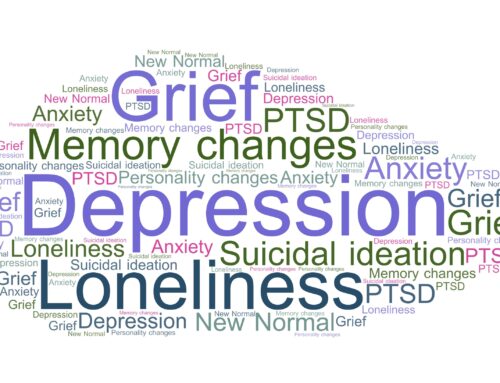Getting a second opinion
The reality of your diagnosis is slowly sinking in. Your may have already been for your appointments with your specialists. You might even be thinking about getting a second opinion.
Why would you think about getting a second opinion?
– Maybe your condition is rare and therefore not all specialists have a lot of experience dealing with it
– You may live in a location e.g. smaller population, where the local hospital does not have adequate facilities or experience with your condition
– You may feel the treatment protocol described by your specialist does not match what you expected
– Or you may just feel, given the circumstances, that you want to hear from a second opinion
If any of the above resonates with you, then reach out and seek a second opinion, a second voice.
After all, this is your life we are talking about!
How to seek a second opinion after your diagnosis
Note: How this process plays out will depend on which country you live in and what medical system you are part of.
- Be open and transparent with your primary health care provider, and specialist, if possible, about asking for a second opinion. Don’t be afraid to do so. An open book policy will be of benefit to you at the end of the day.
- Determine the key reason why you want to seek a second opinion
- Start gathering your medical records (this is a copy of all your reports from doctors and copies of MRI’s or any other tests you have had). I recommend doing this regardless of getting a second opinion. Being your body’s own advocate is an important thing to do! Depending on where you live, the process to get access to your medical records may differ. Regardless, find about your rights as a patient and how they relate to your medical records when requesting them.
- Seek out the best specialist/area/hospital to seek the second opinion at. Ask your medical professional, do your own research e.g. US Health News does a Yearly Hospital ranking or ask around.
- Find the best way to push forward to get your second opinion. Note that a country’s border should not be a barrier to you seeking a second opinion. Remote second opinions i.e. ‘online’ and ‘conference call format’ can be sought at some of the best hospitals in the world.
- Write down a list of questions that you would ask the second opinion. Brainstorm them with your spouse, partner or family member.
Seeking a second opinion should not be seen as an admission of lack of confidence in your current specialist or health care system but rather a way of ensuring you have covered all options and received the best advice on your condition.
You only have one body and one life and if you feel a second opinion is warranted, seize the opportunity if you are able to do so. At the same time, if you are comfortable and confident with your first opinion – that is a good place to be!
Check out my video blog on my own personal experience with a second medical opinion.
Be your body’s own advocate!

Resources
http://www.cfah.org/prepared-patient/prepared-patient-articles/seeking-a-secondor-thirdopinion
http://www.webmd.com/health-insurance/how-to-ask-for-second-opinion
http://www.healthlinkbc.ca/healthtopics/content.asp?hwid=ug5094
http://health.clevelandclinic.org/2014/11/why-you-should-consider-a-second-medical-opinion/








Excellent advice! You are very inspiring.
Thank you so much, Claire!!
Thanks Susan! – hoping it will give someone a few tips if they are thinking about proceeding ahead with one 🙂 Claire